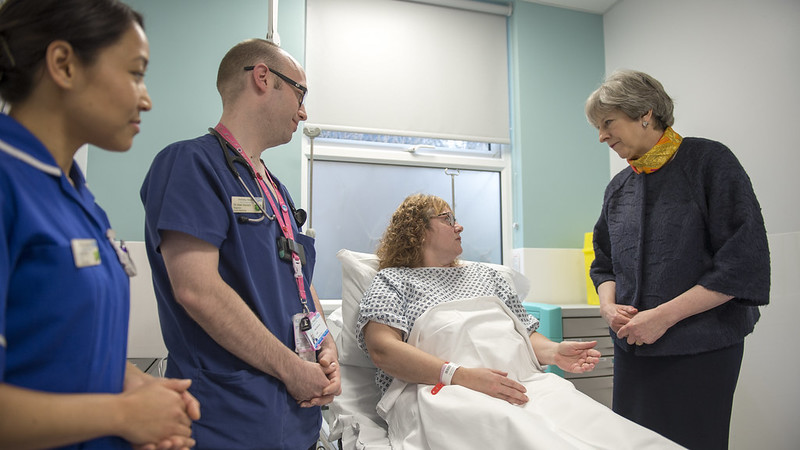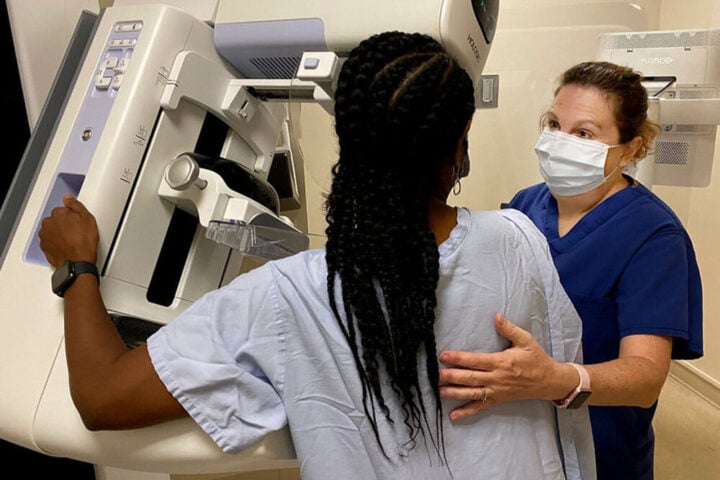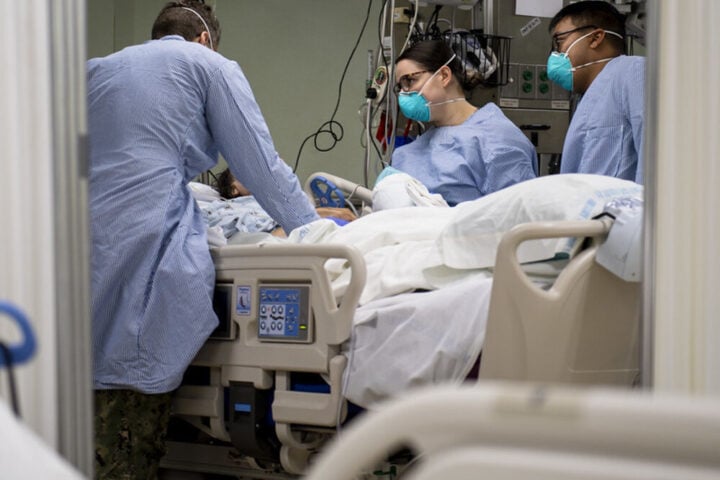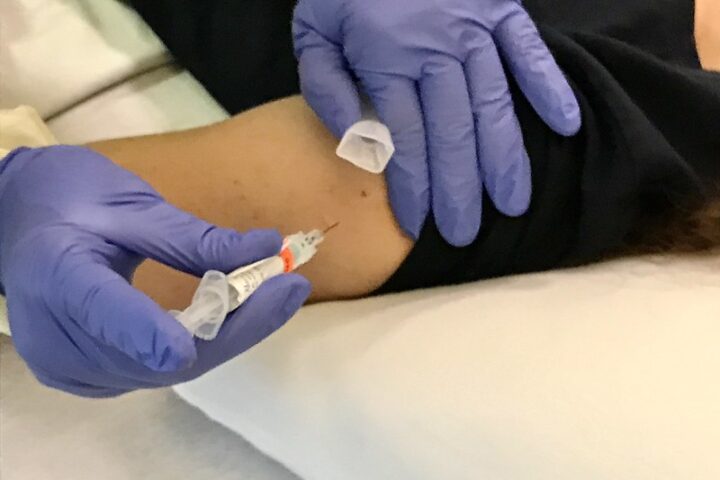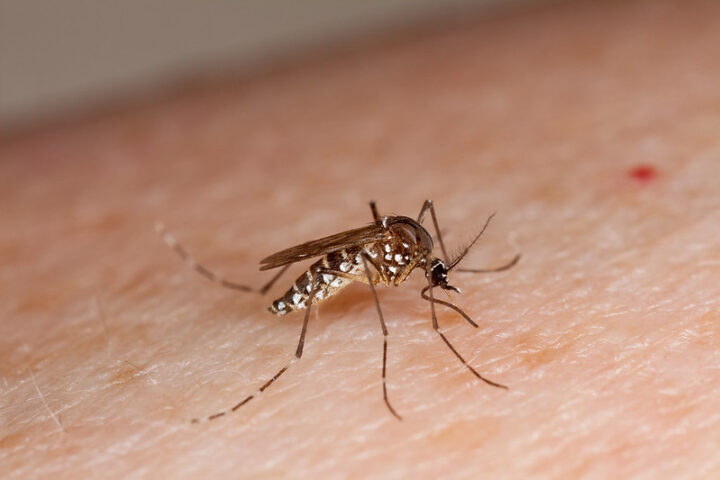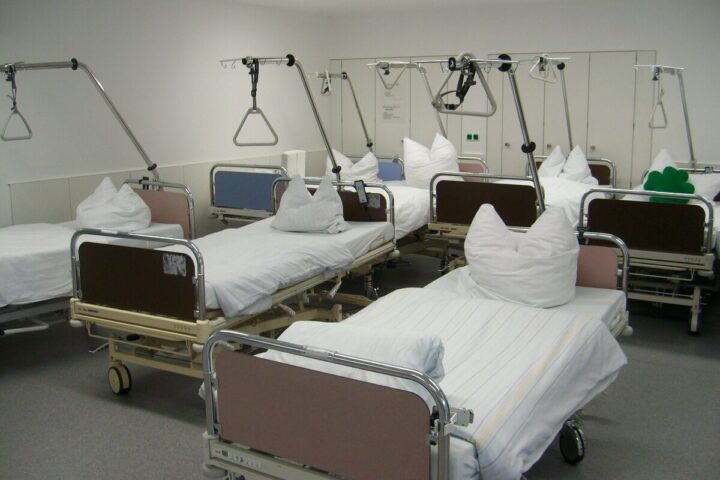The latest NHS staff survey reveals disturbing trends in workplace safety and treatment of healthcare workers across England. One in seven NHS staff (14.38%) experienced physical violence from patients, relatives, or members of the public in 2024, marking an increase from 13.88% in 2023.
Violence and Discrimination Reaching Concerning Levels
While violence levels remain below the peak rates seen during the 2020-2022 pandemic period, the upward trend is troubling for frontline workers. Dr. Navina Evans, Chief Workforce Officer for NHS England, called the situation “totally unacceptable” and urged affected staff to report incidents to employers and police.
“We know that the most important way to stamp out incidents of unacceptable behavior is to give people the confidence to report it,” Dr. Evans stated.
Discrimination has reached its highest level in five years, with 9.25% of staff reporting such experiences. More than half (54.09%) of those who faced discrimination from patients and the public said it was based on their ethnic background.
Sexual misconduct remains a significant issue, with 8.82% of NHS workers experiencing unwanted sexual behavior, including offensive comments, touching, and assault. The national education and training survey found that 13% of learners experienced or witnessed harmful or inappropriate sexual behavior by patients.
Institutional Response
The NHS launched a national sexual misconduct policy framework in October 2024 to ensure trusts have robust policies allowing staff to report incidents anonymously. Every integrated care board and NHS trust in England has signed the NHS sexual safety charter, committing to a zero-tolerance approach.
Similar Posts
Unison head of health, Helga Pile, commented: “Harassment, bullying and sexually motivated incidents remain shockingly high. Staff providing vital treatment and support must be able to do their jobs without fear of any kind of abuse, attack or unwanted advances.”
Some Positive Developments
Despite these challenges, the survey identified some positive trends. Staff satisfaction with flexible working options reached a five-year high at 57.65%, while those achieving a good work-life balance hit its highest level (56.61%) since this question was first asked in 2021.
Staff satisfaction with pay has improved from 25.48% in 2022 to 32.05% in 2024, though Pile noted that NHS staff are “anything but happy with their pay.” Additionally, 72.72% of workers reported feeling valued by their line managers.
Growing Awareness and Reporting
Importantly, a record number of nurses and midwives who experienced harassment, bullying or abuse said they had reported it – 58%, the highest level in five years. This suggests growing awareness and willingness to address workplace issues.
The 2024 NHS staff survey had unprecedented participation, with nearly three-quarters of a million people (744,358) responding – the highest ever level in its 20-year history. Over 43,500 people also took part in the national education and training survey.

Suzie Bailey, Director of leadership and organisational development at the King’s Fund, observed: “The findings demonstrate that working in the health service continues to look like an unattractive career, with many NHS staff feeling undervalued and overstretched.”
As the government prepares to publish its 10-year plan for the health service this spring, these survey results highlight the urgent need to address workplace safety and staff wellbeing across the NHS.
FAQs About NHS Staff Safety Issues
What percentage of NHS staff experienced physical violence in 2024?
14.38% of NHS staff experienced physical violence from patients, their relatives, or members of the public in 2024, which is an increase from 13.88% in 2023. However, these numbers remain below the peak levels seen during the pandemic years of 2020-2022.
What measures has the NHS implemented to address sexual misconduct?
The NHS launched a national sexual misconduct policy framework in October 2024 to ensure trusts have robust policies allowing staff to report incidents anonymously. Additionally, every integrated care board and NHS trust in England has signed the NHS sexual safety charter, committing to a zero-tolerance approach to unwanted behaviors in the workplace.
How many NHS staff participated in the 2024 survey?
Nearly three-quarters of a million people (744,358) participated in the 2024 NHS staff survey, making it the highest level of participation in its 20-year history. An additional 43,500 people took part in the national education and training survey.
What percentage of NHS staff experienced discrimination, and what was the main cause?
9.25% of NHS staff experienced discrimination at work, reaching a five-year high. Of those who faced discrimination from patients and the public, more than half (54.09%) said it was based on their ethnic background.
Are there any positive trends in the NHS staff survey?
Yes, the survey showed several positive trends. Staff satisfaction with flexible working options reached a five-year high at 57.65%, while those achieving a good work-life balance hit its highest level (56.61%) since this question was first asked in 2021. Staff satisfaction with pay has also improved from 25.48% in 2022 to 32.05% in 2024.
What are experts saying about the survey results?
Experts express serious concern. Helga Pile from Unison stated harassment and bullying remain “shockingly high” and that staff must be able to work “without fear of abuse, attack or unwanted advances.” Meanwhile, Suzie Bailey from the King’s Fund noted that the findings show “working in the health service continues to look like an unattractive career, with many NHS staff feeling undervalued and overstretched.”
